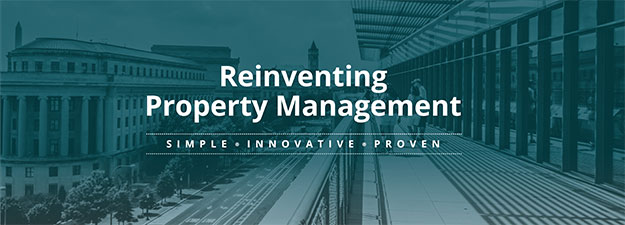This biweekly sponsored column is written by the experts at Gordon James Realty, a local property management firm that specializes in residential real estate, commercial real estate and homeowner associations. Please submit any questions in the comments section or via email.
Leasing commercial real estate is very different than residential leasing. In an ultra-competitive market like DC, it’s important to understand the types of leases available and use the one that makes the most sense for your tenant.
Businesses have very different needs, so there isn’t a one-size-fits-all solution for every business tenant. Businesses with higher seasonal income cannot afford to pay high rents when things are slow. Manufacturing businesses and auto shops will use a substantial amount of utilities and require more building maintenance than retail tenants.
Traditional business such as consultants and corporations will want a fixed rent so they can budget accordingly.
We’ve listed the four types of leases below. Choose the one that works best for your situation.
Percentage Lease
Retail businesses who have higher seasonal sales are an excellent candidate for percentage leases. These tenants pay a monthly base rent plus a percentage of the business’ revenue.
Full-Service or Gross Lease
Full-service leases include all operating expenses and utilities included in the monthly rate payment. They also include an escalation clause that allows an increase in rent when expenses increase. If expenses are higher than estimated during any given month, these leases usually include language that allow the tenants to receive a bill for these expenses.
Triple Net Lease
The opposite of a full-service lease is the triple net lease. Landlords charge a base rent, and then bill for operating expenses. Expense categories include utilities, maintenance, property insurance and management. These leases are very common in free-standing properties and offices with multiple tenants.
Modified Gross
A modified gross lease is a full-service lease that allows the landlord to bill for additional expenses such as higher than average utility bills.
Managing commercial real estate is difficult. If you find yourself constantly struggling to handle your growing portfolio of commercial properties, it may be time to hire a property manager. They’ll save you time, money, and the headaches associated with dealing with commercial tenants and the complicated regulations of the DC real estate market.


